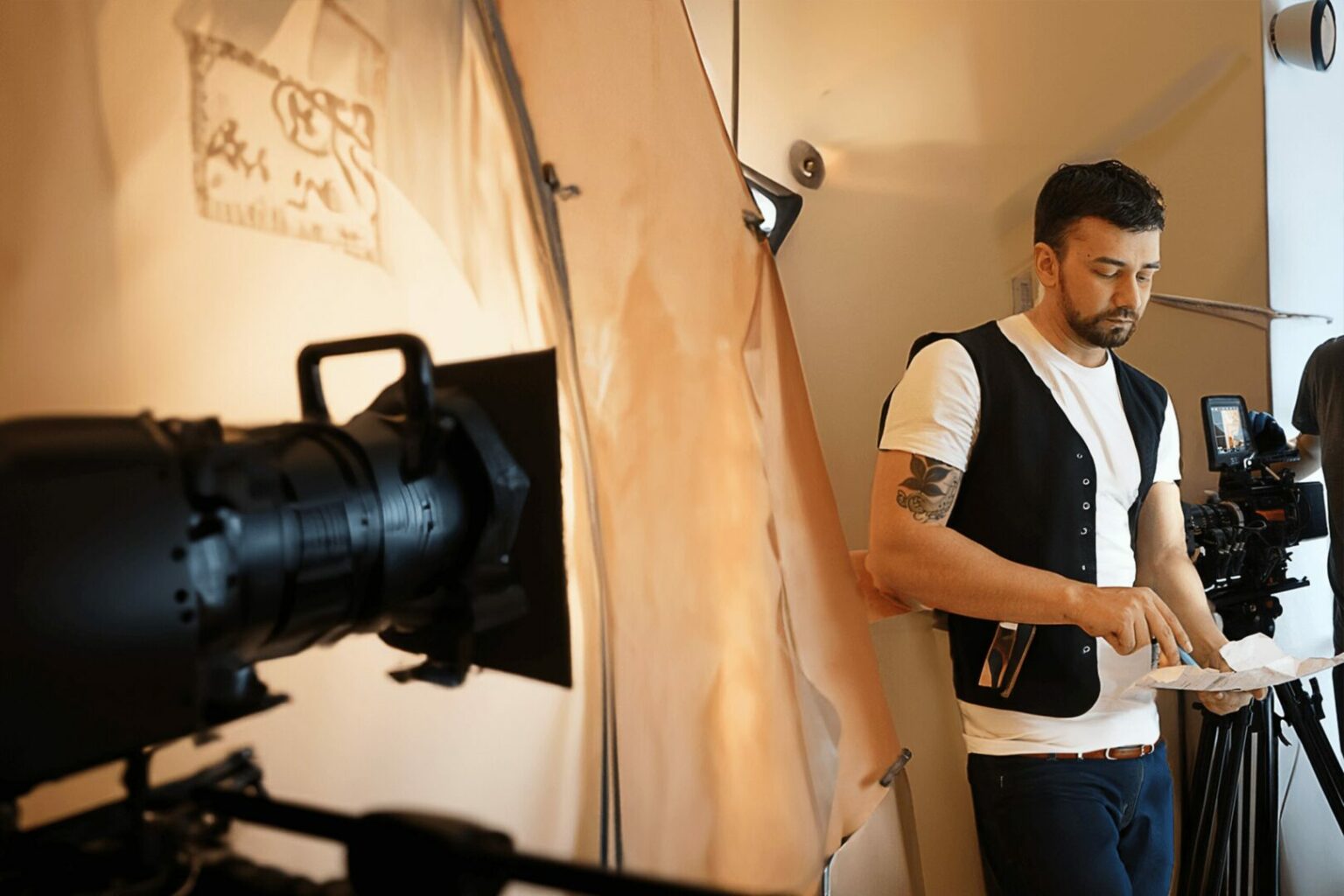Even as there is a growing recognition for the need for representation, there are still many cases where folks will find themselves as the only person in a room representing their particular demographic – and often there is pressure to perform in such contexts to prove competence not just for yourself but for everyone who is like you. The burden and the stress of being the “representer” is real, and so we wanted to create a space where folks can discuss who they go about ensuring they are effective and successful even in contexts where no one else on the team or in the room is like them.
Orletta Caldwell
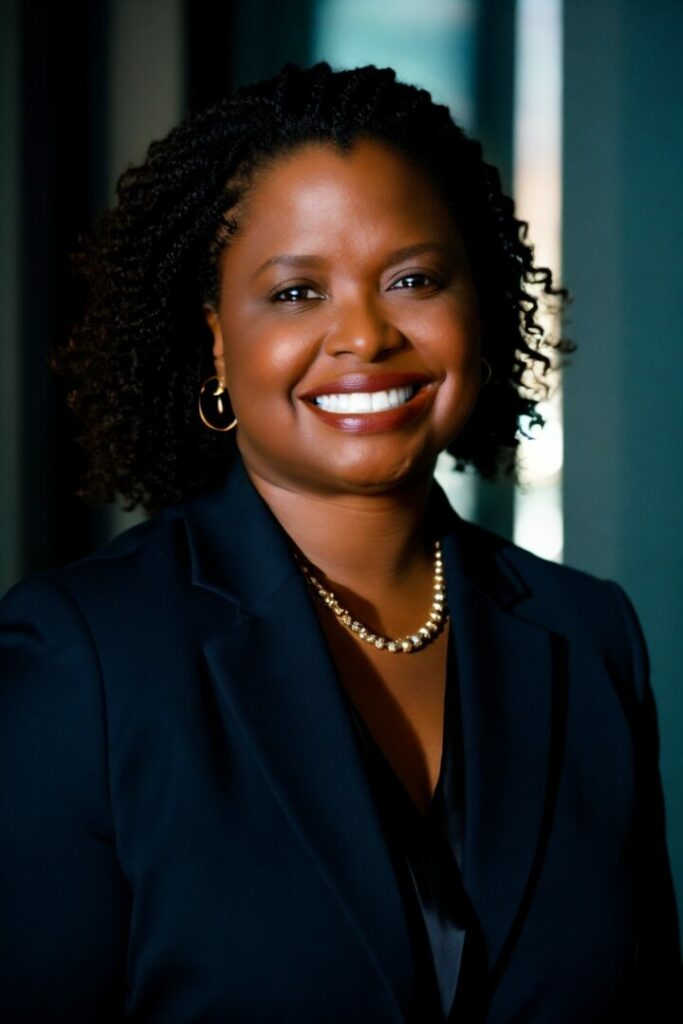
Being the only one in the room has often meant navigating spaces where I am both seen and unseen—seen for my differences but unseen for my potential and contributions. Early in my career, I learned that success in such situations required an unwavering sense of self-worth and a deep understanding of my own value. I came to realize that while I might be the only one in the room who looks like me, I was never alone in spirit. I carried with me the lessons, strength, and resilience of those who came before me, and I used that as my foundation to thrive in environments that weren’t always welcoming. Read more>>
Jaeya Bayani
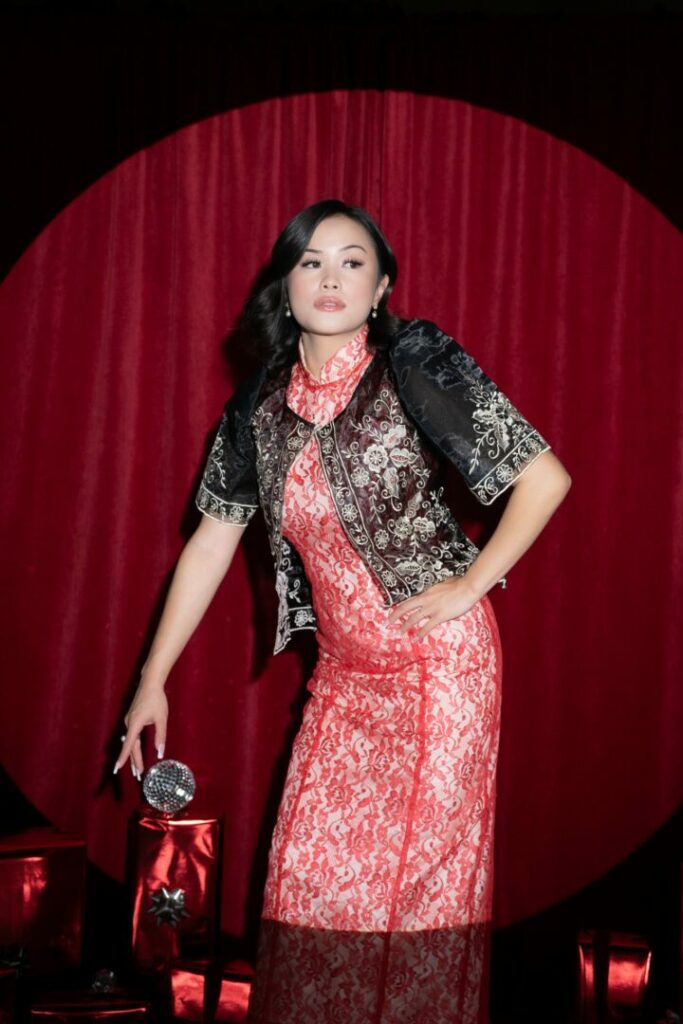
My journey towards becoming a more successful, effective, and young creative-professional was shaped my choice to leave home in the Bay Area for Columbia College Chicago. “Home,” a.k.a. California, has the highest population of Filipino Americans in the United States. Growing up, the issues I saw in our community resembled underrepresentation less than it did the crab mentality and struggle to build genuine solidarity with each other. It was a catalyst for the decision to not remain stagnant, to make an impact, and get to know myself in an environment that wasn’t comfortable. Read more>>
Elizabeth Acevedo

I came to the United States in 2002 when I was 16 years from Zambia and immediately received a culture shock of being the only one in rooms.
After over 20 years in the banking industry, I have learned that being the only one in a room is lonely. However I have been effective and successful in these rooms is by doing the following:
1. Reminding myself that I am worthy to be in this room, regardless of being the only one
2. Listening to other voices and an opportunity people the space on the table. There is always room for more.
3. Treating others how I would like to be treated Read more>>
Lafaya Mitchell
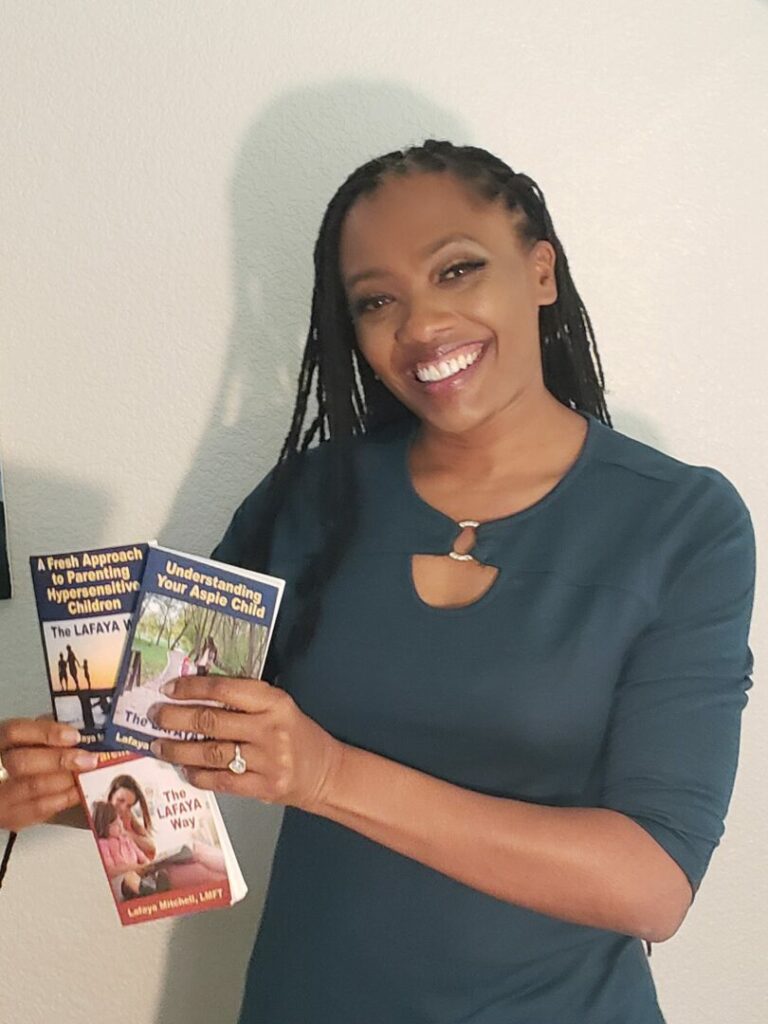
Being the only person in the room that looks like me has been an on-going theme for a majority of my life.
I got my start early as the only teen mother in all of my high school classrooms when I found myself pregnant at 16 years of age. During graduate school I was the only black person in all of my Masters-level classes. When I was promoted to work as a training coordinator for the Sutter Hospital Women and Childrens’ program, I was the only black person and the only person under the age of 30 years old. There have been many other environments in which I have found myself the only me in the room, but the most pronounced experience I have had with this phenomenon has taken place once I decided to play professional-level poker. Read more>>
Dr. Rupert C. Yan

As a chemical engineer driven by a passion for using science to improve lives, I’ve often found myself as the only one in the room pursuing a particular vision. Whether working on breakthroughs in nanomaterials, plasma applications, or agricultural technologies, my journey has been filled with challenges and moments of solitude. Yet, it’s in these moments that I’ve discovered the power of resilience, creativity, and perseverance.
Failures in the lab taught me to see setbacks not as dead ends but as stepping stones to growth. Every challenge became an opportunity to refine my ideas, learn, and innovate. I’ve come to realize that being the only one in the room isn’t a disadvantage—it’s a unique opportunity to bring fresh perspectives, advocate for possibilities that others may not see, and lead with authenticity. This mindset has shaped my work and allowed me to inspire others to embrace resilience and a growth-oriented mindset. Read more>>
Priyanka Villanassery

This is SUCH an important question. I am both an Indian and American pediatric physical therapist in a field that is predominantly white. To put it into context, when I attended physical therapy school at the University of Michigan – Flint, I was the only Indian woman in my class. There were two Asian men and one woman who was half white and half Hispanic. The rest of our graduating class was white. Read more>>
Latonya Hicks
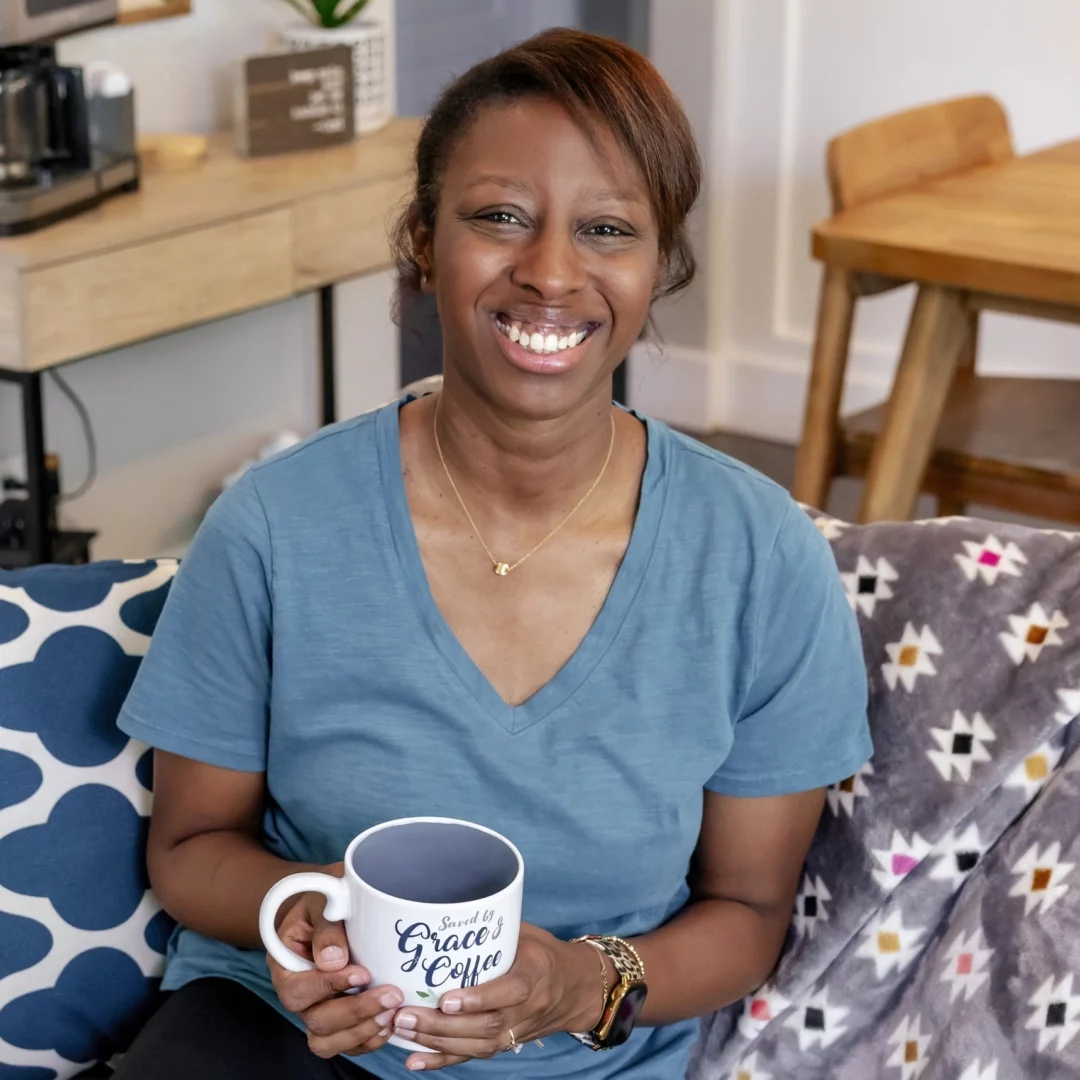
My grandfather is 97 years old as I write this story. As a black man who was born and raised in southern Tennessee, you can imagine everything that he endured as someone who sat in many rooms with people who didn’t look like him. Despite this, he had a very successful life. He integrated a hardware store by being the first black man to work there. He went on to become the first black police officer in the city we lived in. And he became the first black mayor of that same city we lived in for 17 years. Read more>>
Amy Roosa

For much of my early career, I often found myself as the only woman in the room—whether it was a meeting, training session, or conference. From the very beginning, I committed to ensuring my gender was never seen as a limitation or a reason to undervalue my contributions. I made it a point to speak up, create space for myself, and align with allies who supported my voice and perspective. Read more>>
Alonzo Wilson

I would say my lack of caring. Sounds crazy, right? What I mean by this is that when I’m in a room with individuals who don’t look like me, I just don’t think about them in relation to my work. I’m aware that, as a Black man, more pressure is put on us in society and that we may not have the same amount of grace as people who don’t look like us. Therefore, I have to make sure I’m in control of my emotions and the way I articulate myself in different rooms. I’m aware of different stereotypes, but it’s always fun to showcase my talents and the blessings that God has given me because it throws a lot of people off. Read more>>
Stefan Amali
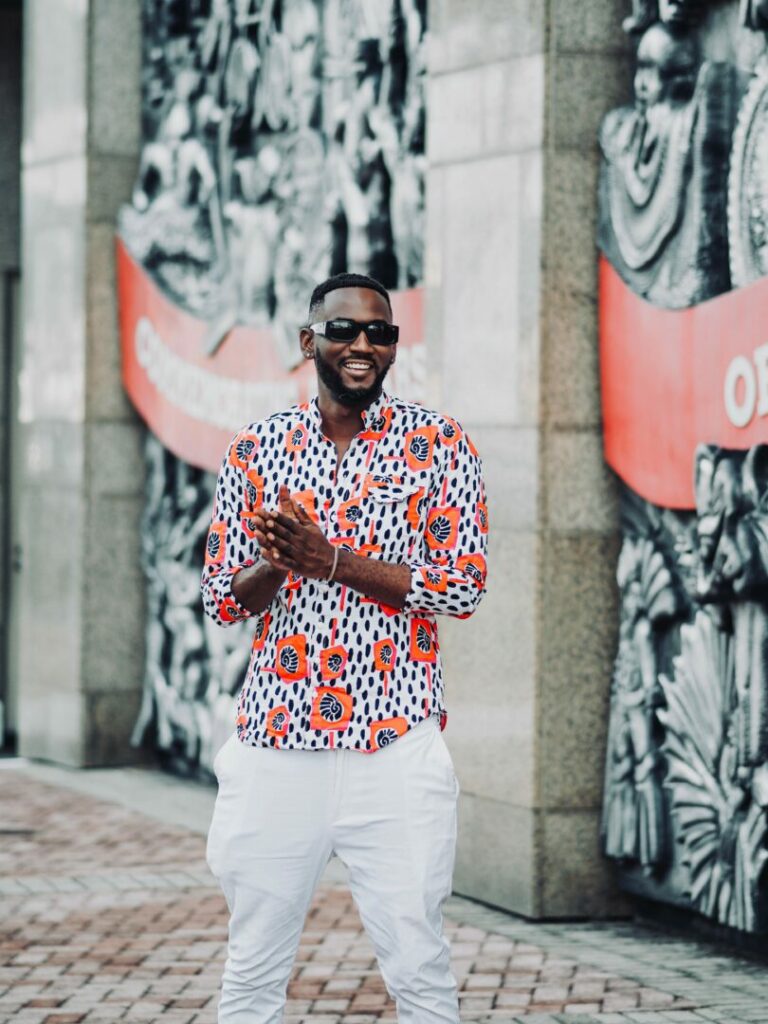
I’ve always been a lonely soul who incidentally bares the gift of charisma. My entire life I’ve felt like a misfit and I understood very early what it meant to be alienated.
I think there is great power in solitude and though dangerous, isolation can be an integral part of how we conquer our identity politics as individuals.
So much of my confidence comes from the fact that I spend a lot of time alone , so I have really good gauge on my strengths and weaknesses holistically.
I don’t care to be “the smartest in the room” but I’m fully aware that I have a unique mind and falling in love with your own mind is a superpower! Read more>>
Andrea Gellatly

I am an engineer and robot builder. You most likely didn’t hesitate to believe that statement, because you can’t see that I also happen to be a woman. My name is Andrea and I am captain of Team Witch Doctor on the TV show BattleBots, where we compete our 250lb robot against the best in the world. Read more>>
Shawna Barnes
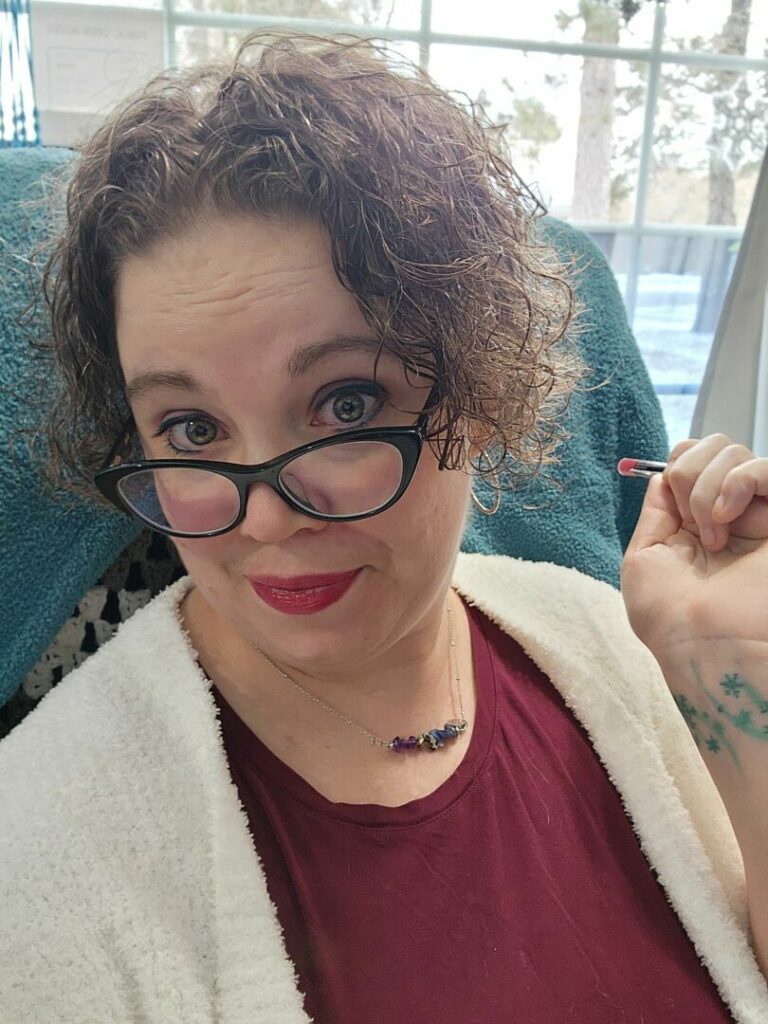
About six months into my deployment to Iraq (2009-2010), I started experiencing a range of distressing and seemingly random symptoms—seizures, cognitive issues, weakness and gait instability, to name a few. By July 2011, my medical condition necessitated an early retirement from the Army. Read more>>
Sold
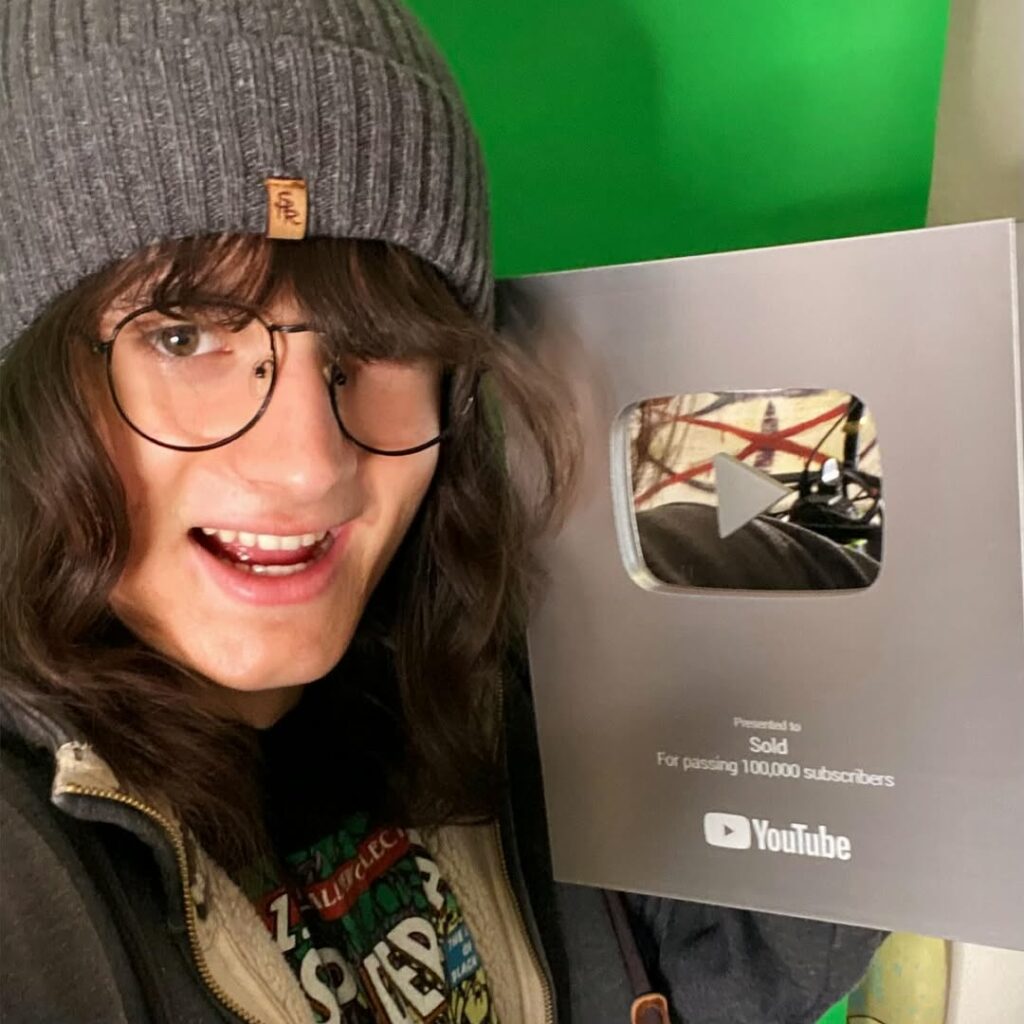
I’ve been working as a content creator for almost seven years now, and through this entire time, I’ve never really had any in-person colleagues. In my experience, this comes with two primary downsides. Firstly, improvement is a lot slower than if you were among peers. I don’t want to sound pretentious here, but there’s an old African proverb that goes “If you want to go fast, go alone. If you want to go far, go together”. And it definitely holds true. Sure, there’s some advantages to a solo act, but in the end, the person who’s obsessing, creating, and learning with four other people doing the same is usually going to do better than the one person giving it everything they got. Read more>>
George L. Cook Iii

The first thing one must realize when they are the only one in the room is the immense reposonsibiity that come with that. You have a responsibility to speak up and be confident when you do because you are representing not just yourself, but for others that look like you.
I have sat on a few boards where I have said things that may have made others nervous at first, but it wasn’t so much that they disagreed, it was that what I brought up was something that had never occured to them because they don’t have the same experiences that I have. Your experiences are valuable, don’t be afraid to share them.
If you are going to be in the room, then be heard otherwise you are just a spot filler. Read more>>
Lilith Lee

I’ve spent most of my life knowing I was different. I grew up as one of the only Black kids in my school, neighborhood, and even in parts of my family. I was also bigger than most kids, so I stood out physically, too. Now, as a late-diagnosed autistic 31-year-old, I’ve realized that much of the difference I felt growing up was connected to being autistic. Read more>>
Nevin Bolla
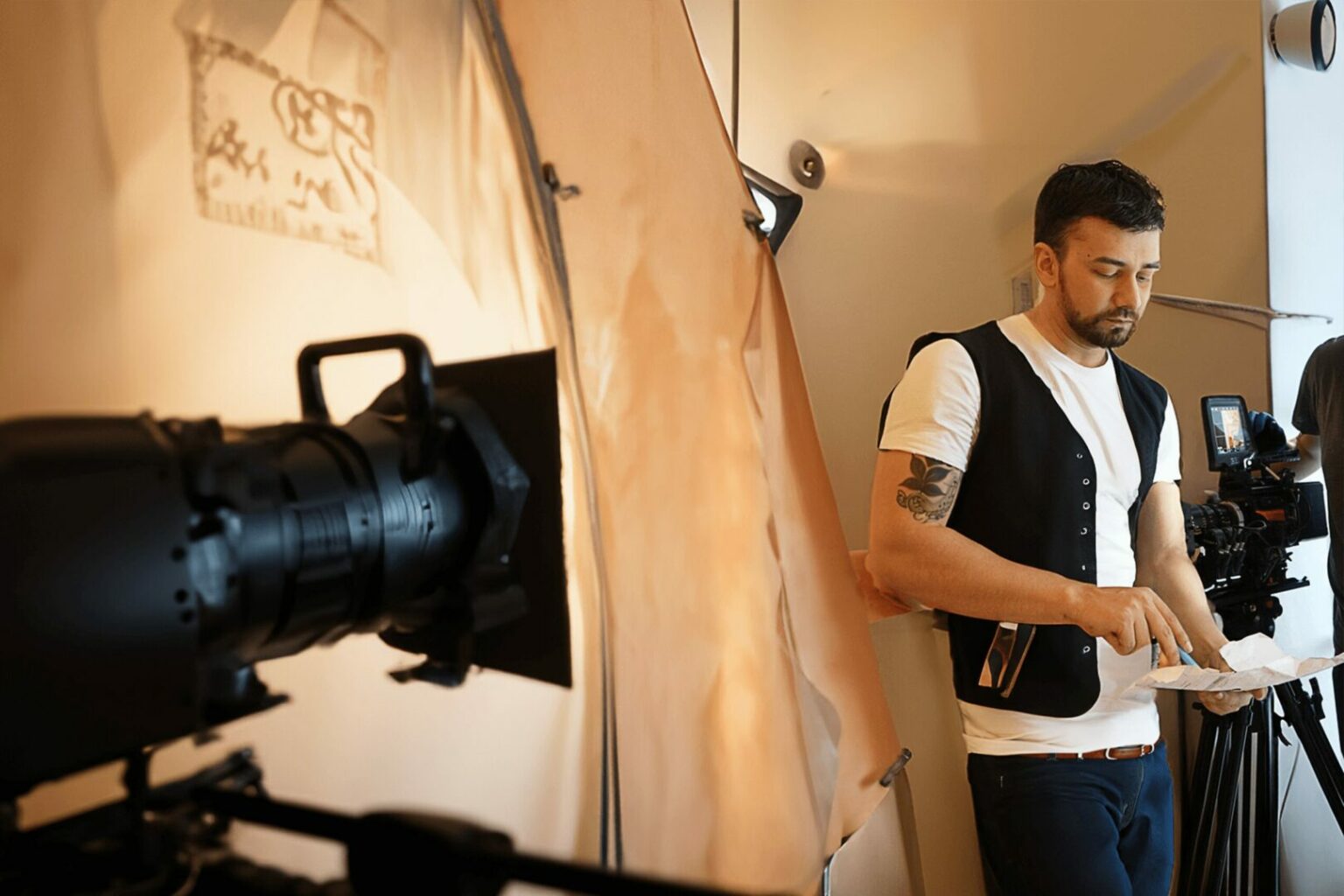
It really comes down to having a game plan before you enter that room. You can’t just go in blind. Preparation is key. Whether it’s work, research, or something else that gives you an edge, you need to do it. When you learn as much as you can beforehand, you gain confidence because you already know what to expect and how to adapt. Read more>>
Michelle Daniels-holloway
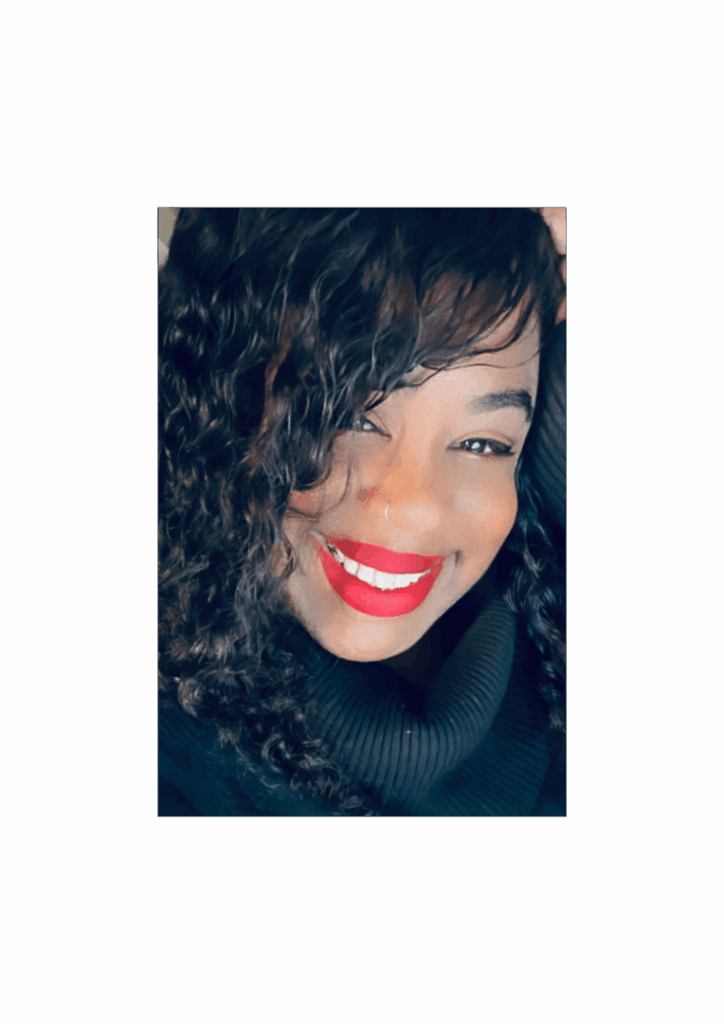
Throughout my years, I’ve learned that being effective and successful (even when I am the only one in the room who looks like me) stems from discovering my true identity from within. It flows from doing the tough work. The inner-work. I believe we were created to be relational, and as relational as most of us are, sometimes we tend to “overlook” one of the most important relationships – The one with “self.” Read more>>
Andrina Zhang
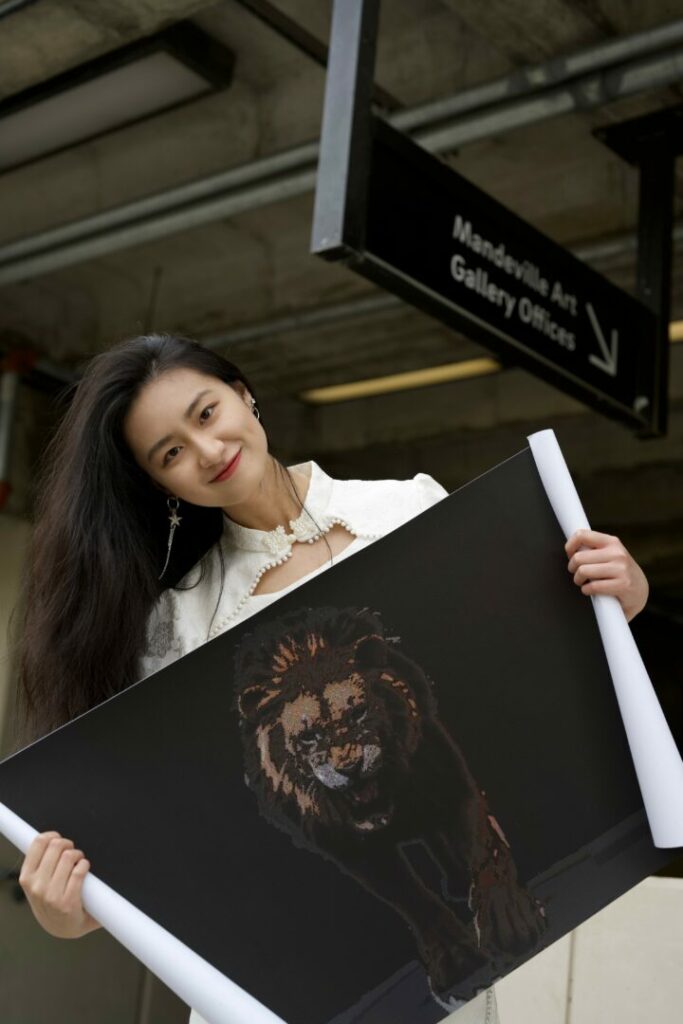
Different from early ages at school, when most students are learning the same general education contents, the gradual steps of going into a more specialized field bring a lot of people into the situation that they can no longer find someone around alike. A lot of times, I like to observe people around me and try to paint the possibilities in my mind, so being the only one in the room can be lost and unmotivated sometimes. After realizing the situation, I’ve been pushing myself to switch my mindset proactively. I’m always interested in a breath of things and love to learn about things happening to people around me. With this evaluation of myself, I found that being the only one in my room means people I can interact with may have a broader background or experience level, which brings me opportunities to talk to a wider variety of people. Read more>>
Stephanie Van

Working in healthcare, I still often find myself being the only person in the room who is keenly aware of and adamantly passionate about disability advocacy and justice. The disability rights movement has been growing steadily since the passage of the Americans with Disabilities Act (ADA) in 1990, but even with a surge in support for Diversity, Equity & Inclusion initiatives, disability advocacy still gets neglected, even though it is a common human experience that results in marginalization. It can be extremely frustrating to feel like you’re the only one who cares about something, who recognizes its importance, or who is working towards something that is undervalued by everyone else around you. But I always remind myself about how I was once new to disability advocacy. Read more>>
Courtney Avery , Ldo , Fnao , Ceo
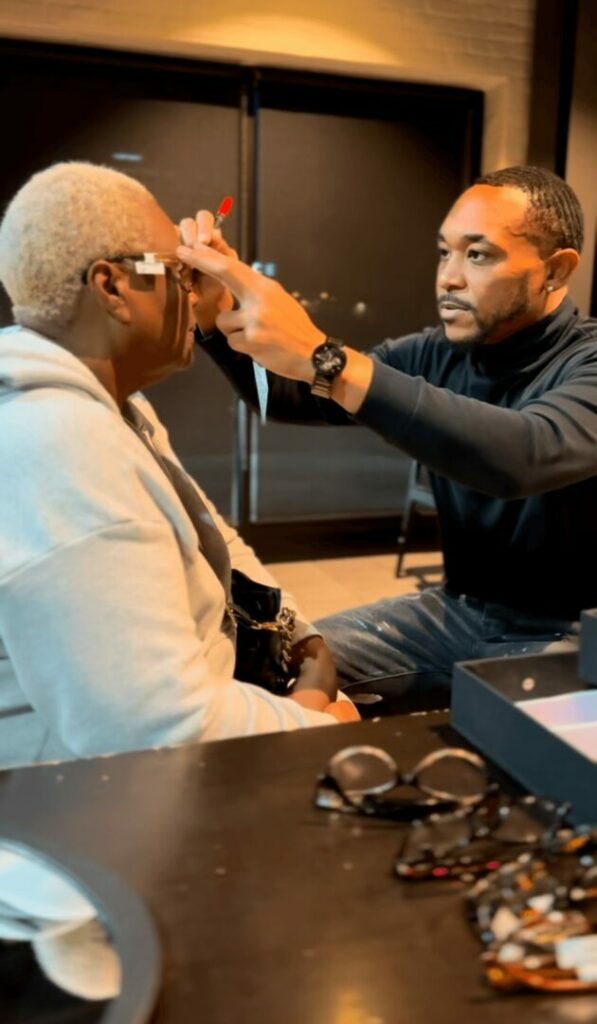
The only way to survive in a field or business that deals with the general public especially the medical field you must be versatile. I have now been in the optical field for 22 years. When I first entered this field I was only 17 years old. Imagine a 17 year old minority young man coming to you and attempting to educate you on your eyes. Gaining patients trust was a challenge. I dealt with a lot of people who didn’t do business with me simply because they didn’t trust nor have confidence in me because I was young and a minority. This challenge fueled me tremendously and ignited a passion in me to want to be the best. It drove me to become a student of the field. I wanted to have the knowledge that was necessary to be able to prove to everyone clients and peers that not only did I belong, but was also one of the best. Read more>>
Kevin Venier
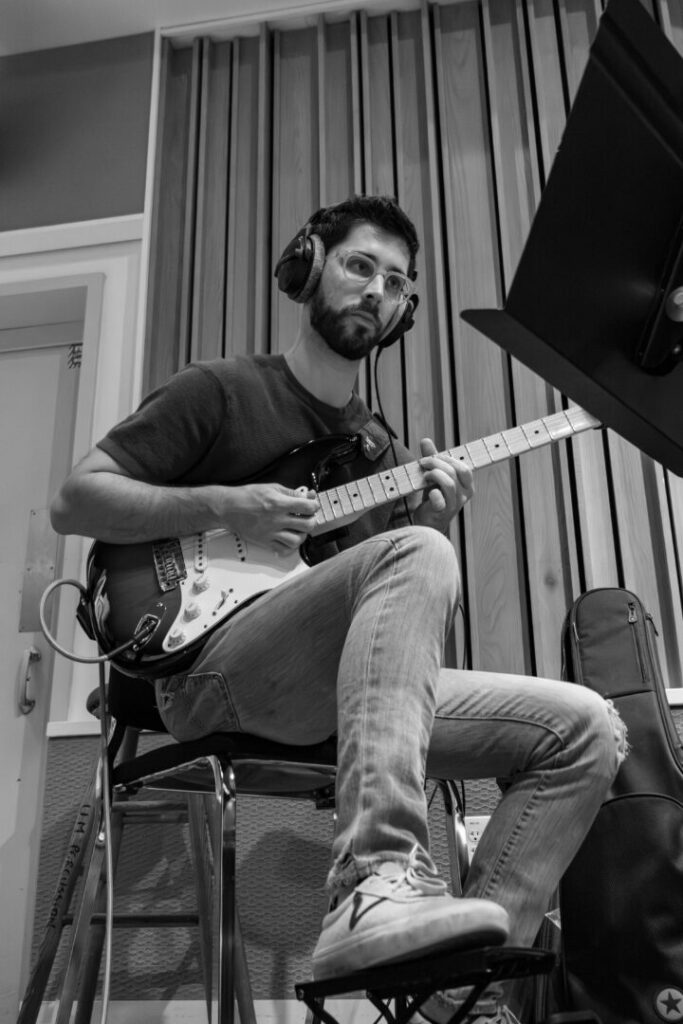
I’ve often found myself as ‘the only one in the room,’ and one example that stands out is my journey to earning both a medical degree and advanced degrees in jazz performance—a path that’s certainly uncommon. While I’m sure others have done it, I’ve yet to meet anyone in person who shares this dual experience. That uniqueness has shaped how I approach challenges and opportunities. Read more>>
Jonathan Fenni Walters
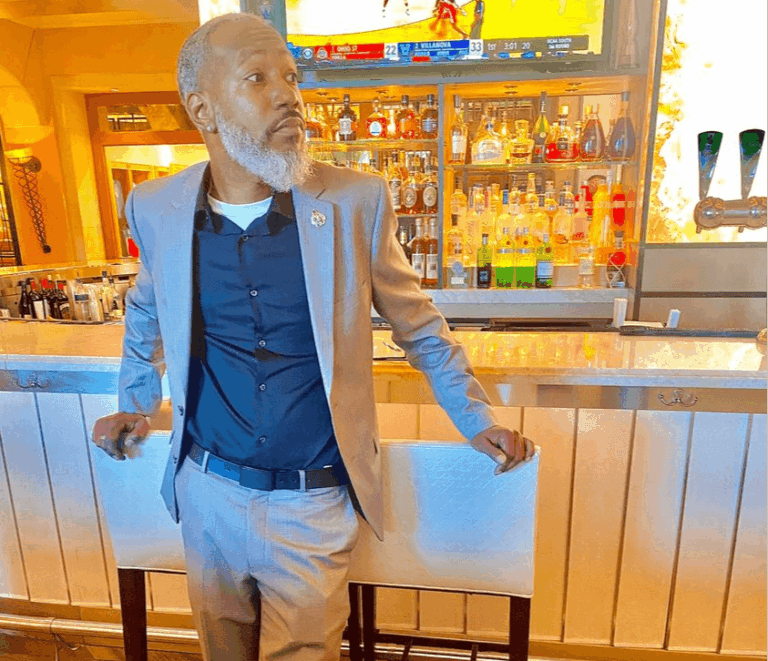
“Being the only one in the room who looks like me has been both a challenge and a privilege. I’ve learned to approach these moments as opportunities to amplify perspectives that might otherwise go unheard. Success in such situations comes down to preparation, resilience, and authenticity. I make sure to deeply understand the subject at hand, so my voice carries weight and credibility. Read more>>

